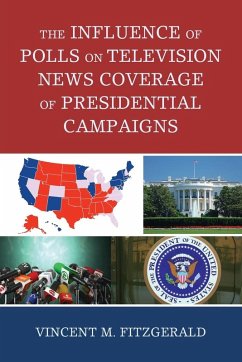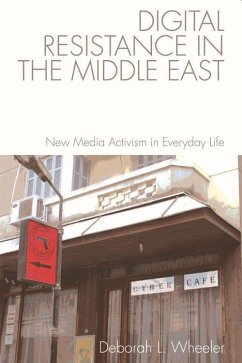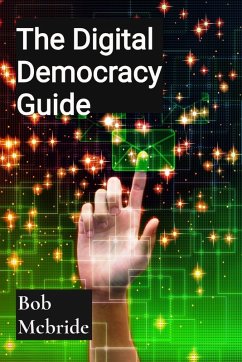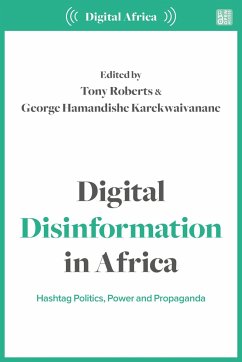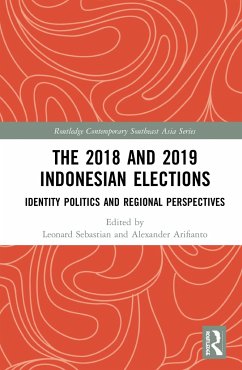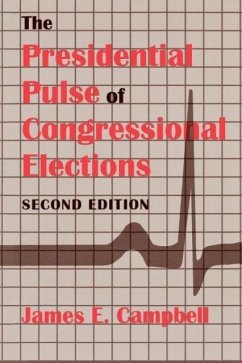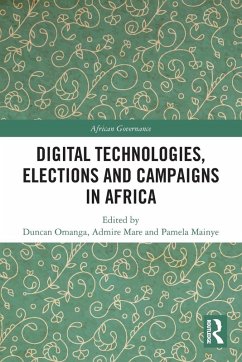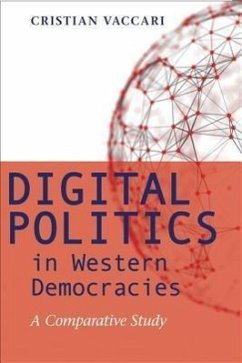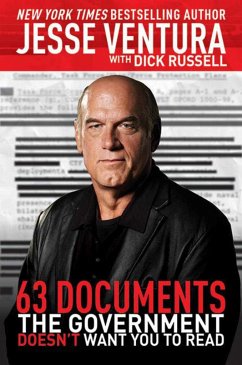Nicht lieferbar
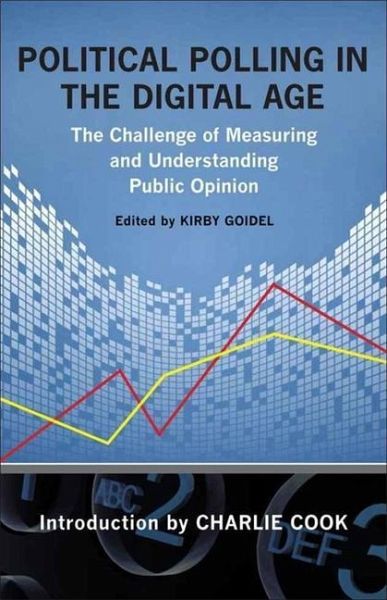
Political Polling in the Digital Age
The Challenge of Measuring and Understanding Public Opinion
Herausgeber: Goidel, Kirby
Versandkostenfrei!
Nicht lieferbar
The 2008 presidential election provided a ""perfect storm"" for pollsters. A significant portion of the population had exchanged their landlines for cellphones, which made them harder to survey. Additionally, a potential Bradley effect - in which white voters misrepresent their intentions of voting for or against a black candidate - skewed predictions, and aggressive voter registration and mobilization campaigns by Barack Obama combined to challenge conventional understandings about how to measure and report public preferences. In the wake of these significant changes, Political Polling in the...
The 2008 presidential election provided a ""perfect storm"" for pollsters. A significant portion of the population had exchanged their landlines for cellphones, which made them harder to survey. Additionally, a potential Bradley effect - in which white voters misrepresent their intentions of voting for or against a black candidate - skewed predictions, and aggressive voter registration and mobilization campaigns by Barack Obama combined to challenge conventional understandings about how to measure and report public preferences. In the wake of these significant changes, Political Polling in the Digital Age, edited by Kirby Goidel, offers timely and insightful interpretations of the impact these trends will have on polling. In this groundbreaking collection, contributors place recent developments in public-opinion polling into a broader historical context, examine how to construct accurate meanings from public-opinion surveys, and analyse the future of public-opinion polling. Notable contributors include Mark Blumenthal, editor and publisher of Pollster.com; Anna Greenberg, a leading Democratic pollster; and Scott Keeter, director of survey research for the Pew Research Center. In an era of increasingly personalized and interactive communications, accurate political polling is more difficult and also more important. Political Polling in the Digital Age presents fresh perspectives and relevant tactics that demystify the variable world of opinion taking.





